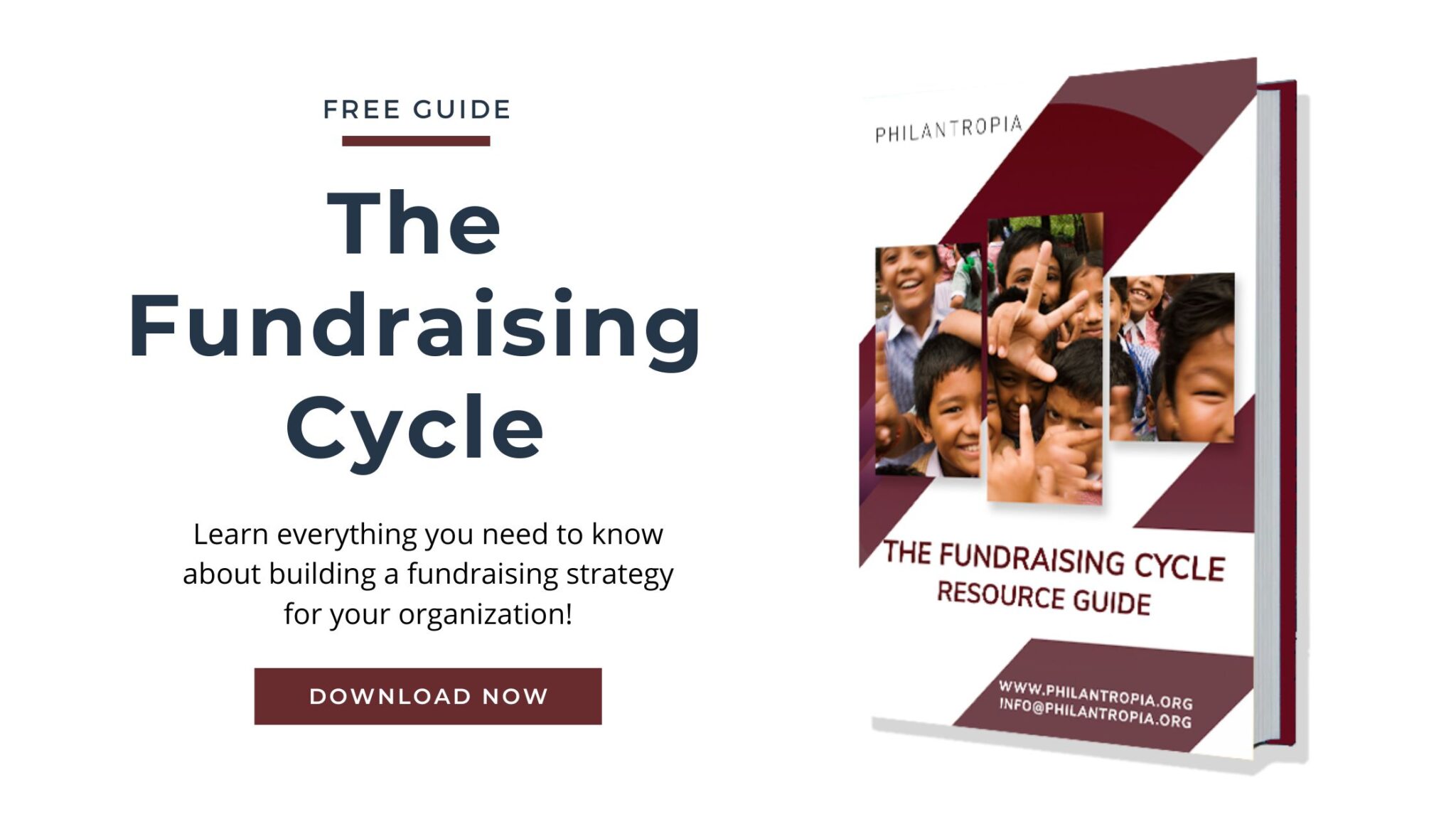Human Rights Advocates Program (HRAP) 2024

Human Rights Advocates Program (HRAP) is designed for human rights activists working with NGOs on issues including sexual and gender-based violence, minority rights, LGBTQI+ rights, labor rights, indigenous peoples’ rights, migration, health, social exclusion, environmental justice, disability rights, and corporate social accountability.
Eligibility
Participants for Human Rights Advocates Program (HRAP) are selected on the basis of their work experience in human rights, commitment to the human rights field, and demonstrated ability to pursue graduate-level studies. Full-time students, academics, or government officials will not be considered. Applicants holding full-time jobs pursuing their advocacy efforts are preferred.
Advocates must work at the grassroots level. Applicants from high-income countries will not be considered except for those representing marginalized communities. (See the Frequently Asked Questions for more information about this requirement). Fluency in English is required. Preference is given to those who have not previously had opportunities to travel and study internationally. A bachelor’s degree is preferred but not required.
Advocates must provide proof of institutional endorsement in English from their organizations for their participation in the Program and must commit to returning to that organization upon completion of the Program.
How to Fundraise from European Foundations
Benefits
After ISHR conducts its stringent selection process, it makes every effort to secure funding for shortlisted Advocates to attend the program. In certain cases where ISHR cannot secure funding, shortlisted Advocates may be asked to secure the funds needed for them to be admitted to the program.
Application Process
Applicants are asked to complete the application in its entirety. The entire application including attachments must be in English.
In order to access the application, applicants must register an account on the ISHR website and log in. Once logged in, applicants can begin a new application by choosing Start/Resume A HRAP Application from the menu. Please follow all instructions, including those sent to your email address.
To edit or complete submitted applications, log in to the ISHR website and choose Manage HRAP Submission.
Columbia University aims to make all websites fully accessible to users with disabilities. If you experience difficulty using this page, please contact ishr@columbia.edu.
Supporting Documentation
Two signed letters of recommendation are required. Unsigned letters will not be accepted and your entire application will be removed from consideration. Electronic signatures are accepted. The recommenders must provide their contact information (phone number and email address). You cannot submit the proof of institutional endorsement as one of the recommendation letters. All supporting documentation must be in English. They must be from those who can attest to your work as a human rights advocate. Your letters of recommendation weigh heavily on their consideration. Please reach out to potential recommenders in a timely fashion. Most recommenders require at least a few weeks to prepare a solid recommendation letter.
You must also upload a copy of your university diploma and/or transcript. (If you hold multiple degrees, please upload the highest one.)
Fee information:

